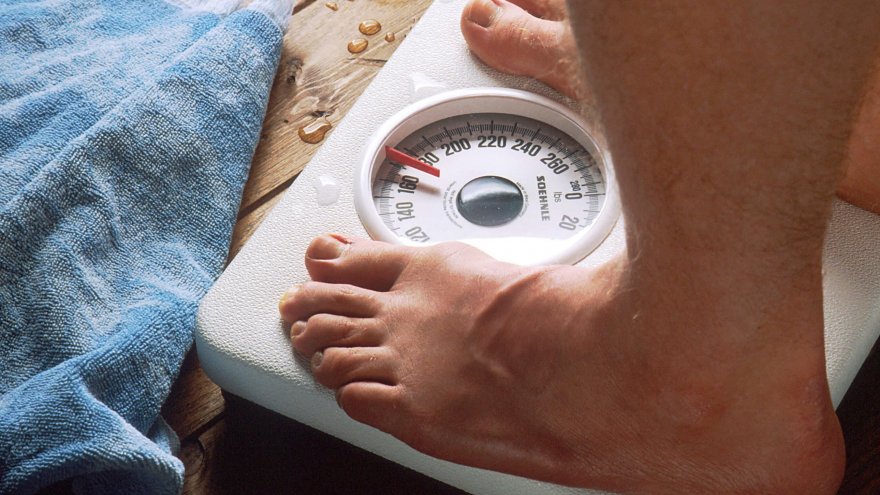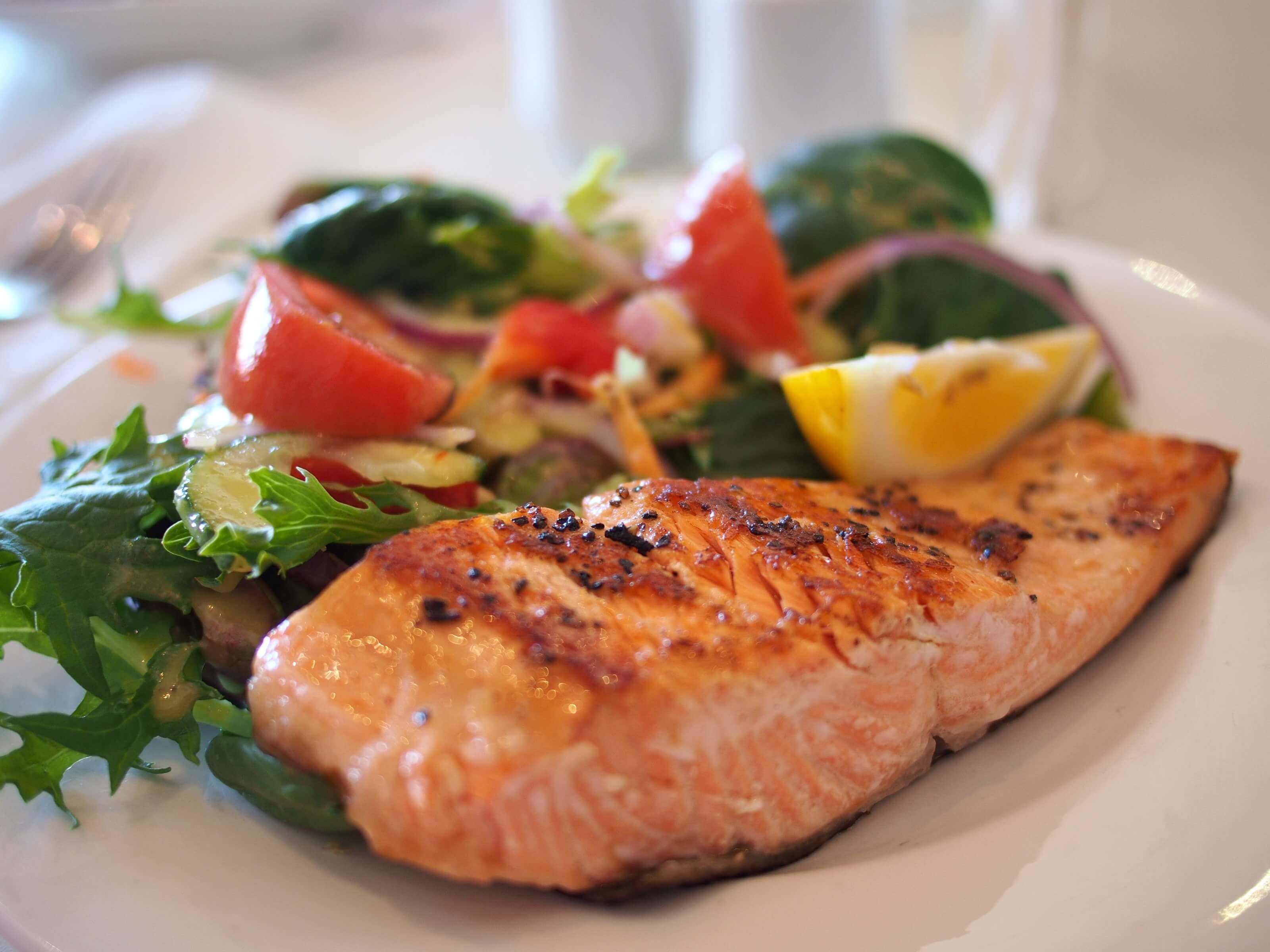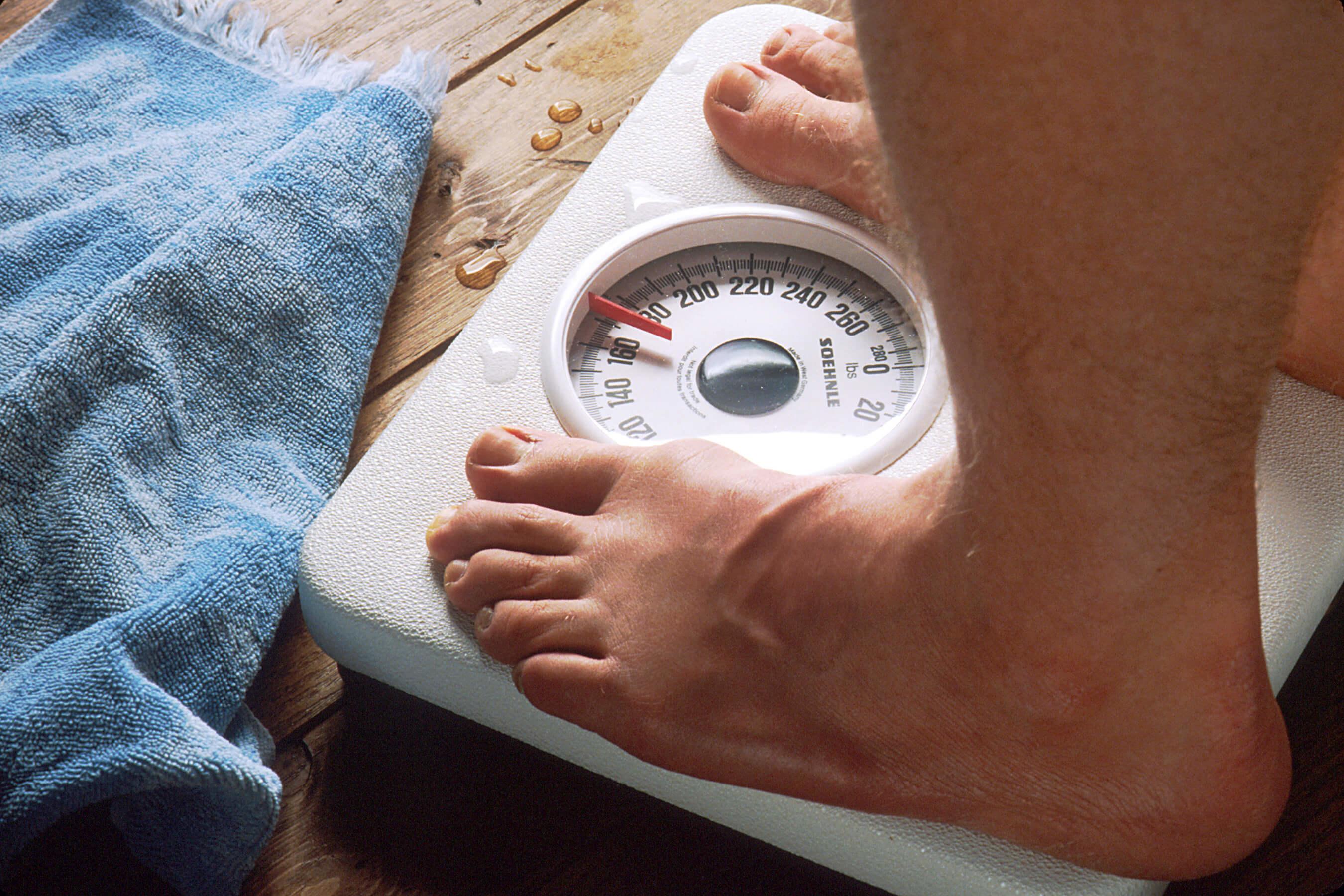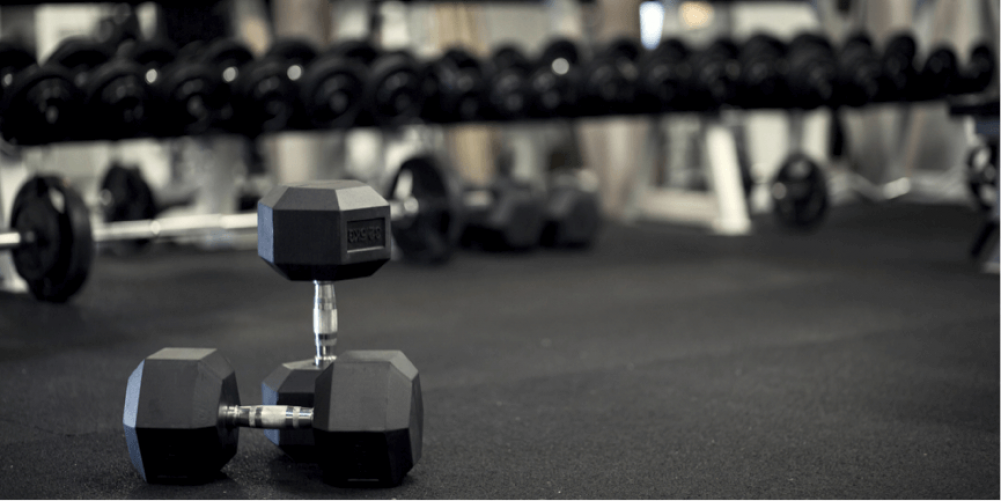Weight Loss While Training for a Race: Can it be Done?

Training for a race is a great way to improve your fitness and health. Between running longer distances and watching your nutritional intake, your body will become more athletic as your physical and mental state improves. Because running races is a cardio exercise, it is an intuitive response for those just getting into running to assume that training for a race is a great way to lose weight. This thought, however, probably seems counter-intuitive to those of us who are experienced in training for races. So the big question is, can I lose weight while training for a race?

The short answer to that question is, yes, it can be done. However, you must be very careful about you go about losing this weight. I assumed that the extra pounds I had on my body would just melt away while training for my first race longer than a 5K. Little did I know that training for a longer race can often add pounds, as you must change your diet and do other forms of training aside from cardio in order to perform your best on race day.
Calories in and Calories out
The basis for all weight loss and gain is caloric in versus calories out. To lose weight you must have a calorie deficit. At face value this seems simple enough to do while training for a race, as you will be expending quite a few calories while running and training. However, you must also take into account the extra calories that you will be taking in to offset the extra calories you will be burning on your runs. Use tools like this to calculate how many calories you burn on a run, but in general it is between 100 and 130 calories per mile. When training for a race you must offset these calories by taking in more calories before and after your training runs.

This is where it can be tricky to lose weight while training. It is a good idea to carefully track how many calories you are burning and consuming. This isn’t to say that you must perfectly calculate every calorie, but you should have a general idea of these numbers. There are a multitude of apps, trackers, and devices to help you do this. There are 3,500 calories in a pound; therefore to lose a pound you must have a calorie deficit over a certain period of time of 3,500.
Set a Realistic Goal
For those of us who are used to a daily calorie intake of 2,000-2,500 calories, it will not be plausible to lose a pound a day, or any other exorbitant amount of weight. It will be easier and more sustainable to lose weight over a longer term as you want to keep eating enough to sustain your training runs. A more realistic calorie deficit would be 250 calories per day. This is about the amount of calories in a Hershey bar, or an extra serving of lasagna, so it is important to be aware of what you are eating on any given day. This puts you on track to lose a pound every two weeks, which is a safe and more manageable rate to drop those pounds. Of course this rate can be tailored to each individual’s body and needs.
Weight Training and Muscle Gain
Another important thing to consider when training for a race is the inevitability of muscle gain. Nearly every exercise you partake in will lead to muscle gain, whether it’s cardio or weight training. Ideally, you will be doing both when training for a marathon type race. You must take these factors into effect while trying to lose weight. Though you may be burning fat, you will also be gaining muscle weight.

You should be performing muscle training along with your training runs while preparing for a race. This will help you improve your fitness, as well as build up your muscles to assist with your endurance while racing. Muscle fatigue is real, as many experienced runners will tell you. However, it can be combatted with weight training. It is also important to build up all of your muscles, not just leg muscles. When all of your muscles are at the same fitness level it is much easier for your body to regulate their energy consumption and levels of fatigue.
Muscle Tissue vs Fat Tissue
It is also valuable to appreciate that muscle tissue is much denser than fat tissue, meaning a pound of fat is much larger in volume than a pound of muscle. Two people of identical height and weight may look very different if one person has much more muscle tissue than fat tissue and the other is vice versa. It may look like you are losing weight, but the scale may say differently if you are gaining muscle. This is where there is a differentiation between losing weight and improving fitness. Those serious about losing weight should realize that they must be serious about losing fat weight. They should not be trying to losing muscle weight just to lose more weight. Always have a good reason to lose muscle weight, and do it in a controlled and healthy manner.

It is possible to lose weight while training for a race in a healthy manner. I have done it in the past when I was overweight, and many other runners have as well. RunnerClick has even covered some of these stories in the past. It is, however, one extra piece to monitor while training. Instead of trying to get down to a goal weight while training, it could be much easier on your physical and mental state to try and improve your fitness. For those of us who are overweight this could lead to weight loss. However, if you train for a race correctly your body should be able to balance itself to its ideal weight and form.
Latest Articles
 Is Running on a Treadmill Easier Than Running Outside?Runners have their own preferences, whether it is treadmill running, running outside on the road, or exploring trails. So...
Is Running on a Treadmill Easier Than Running Outside?Runners have their own preferences, whether it is treadmill running, running outside on the road, or exploring trails. So... Is It OK to Use Trail Running Shoes on the Road?While trail running shoes can be used on roads, especially in situations where a runner encounters mixed terrains or pref...
Is It OK to Use Trail Running Shoes on the Road?While trail running shoes can be used on roads, especially in situations where a runner encounters mixed terrains or pref... How to Fix Sore Quads After Running?Rest, ice, gentle stretching, and over-the-counter pain relievers can help soothe sore quads after running. Also, ensure ...
How to Fix Sore Quads After Running?Rest, ice, gentle stretching, and over-the-counter pain relievers can help soothe sore quads after running. Also, ensure ... 10 Fruits With The Most Electrolytes to Replace Sports DrinksThese fruits are high in electrolytes such as potassium, magnesium, and calcium, essential for hydration, muscle function...
10 Fruits With The Most Electrolytes to Replace Sports DrinksThese fruits are high in electrolytes such as potassium, magnesium, and calcium, essential for hydration, muscle function...

